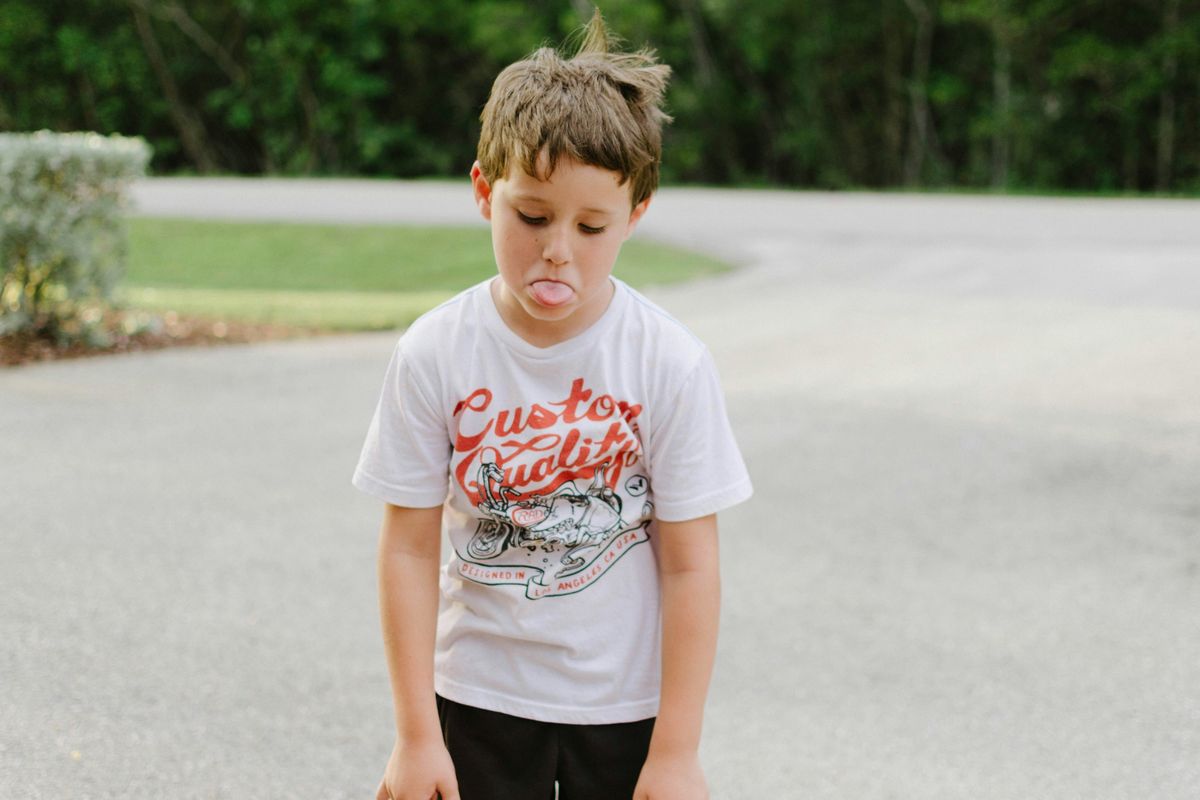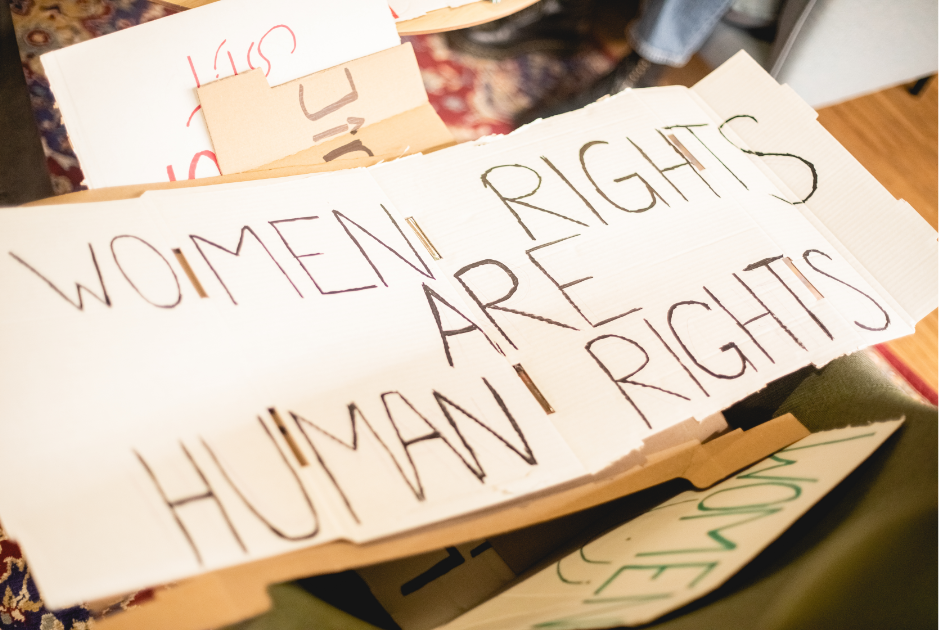Psychologist shares 3 things you can say to a 'rude' kid to stop the attitude
Dr. Becky has 3 lines that parents can use to defuse the behavior.

A rude child sticking out his tongue.
At some point, every parent has to deal with a child who talks back and makes rude comments. It’s a normal part of growing up. But it’s a parent's job to stop it before it becomes an everyday behavior and an ingrained part of their personality.
Stopping rude behavior can be especially difficult for parents because it's easy to get upset and escalate the situation when their children talk back or act rudely.
The good news is that Dr. Becky is around to show us how to handle these situations like an adult. Dr. Becky Kennedy is a popular social media clinical psychologist who founded “Good Inside,” a program that helps support parents and children through every developmental phase.
Dr. Becky shared 3 lines parents can use to respond to rudeness and talking back. “These will help you de-escalate the situation and immediately set you on the path for a positive interaction with your kid,” she says at the start of her video.
Line 1: “I hear you, and you must be really upset to say something like that to me.”
Line 2: “Look, all I’m saying is I know you’re a good kid, even when you say some not so good things.”
Line 3: “I know there’s another way you can say that to me. Do you want to try again?”
At first, a lot of folks may think that Dr. Becky is asking us to be too permissive of a kid who mouths off. But she has another perspective. “Now, I know what you might be thinking: ‘Am I just kind of permitting this rudeness?'” she says. “No! You are acting like an adult.” She says the key is avoiding being pulled into a power struggle or escalation of rudeness.
“You are not being pulled into a power struggle or rudeness escalation. Yes, it might feel good in the moment to say something like, ‘You can’t talk to me like that, you’re so disrespectful, no iPad tonight!’ But we know if we give rudeness back to our kid, they are just going to give more rudeness back to us. That is so ineffective and we have to be the adult. So try one of those lines and let me know how it goes,” Dr. Becky said.

The key question for parents to consider in this situation is: Am I reacting or responding to my child’s behavior? Dr. Becky believes we should respond to the situation calmly and redirect the child’s behavior.
One commenter put Dr. Becky’s advice into action and had a great result.
“This absolutely works! My son said something awful to me the other morning while getting ready for school. I thought of you , took a deep breath, and said, ‘Wow, you must be really upset to have said that to me’ and he just nodded and said, ‘I am.’ We hugged, he even apologized and we connected,” A commenter wrote.
A fellow therapist, Dr. Claudia Luiz, explained the psychological concept behind Dr. Becky’s advice a bit further.
“This is what psychoanalysis calls ‘fusion.’ When the bad is fused with good, it neutralizes toxic interactions. Fusion is hard to achieve. Negative feels eclipse the living, positive ones, leading to ‘rudeness.’ To get more ‘fused’ you start by processing your impatience with your own negative feelings. You can learn to appreciate why it’s hard to dislike and feel angry at your children with fusion to feel less intense or dysregulated. With fusion, you can be more chill,” Dr. Luiz wrote.
Dr. Becky’s advice is valuable because most parents would have a knee-jerk reaction to their child being rude and attempt to punish them or correct them in a harsh manner. However, Dr. Becky says that it’s best to diffuse the situation instead and that will make it less likely for the child to be rude because they aren’t getting the response they want. But what they are getting is something more, a chance to connect with a parent and an open, safe space to share their feelings without having to mask them in hostility.
This article originally appeared last year.





 What was I doing again?
What was I doing again? A space waitress at work.
A space waitress at work.  Waking Up Funeral GIF
Waking Up Funeral GIF Rihanna Nails GIF
Rihanna Nails GIF Yoga pants.Image via Canva.
Yoga pants.Image via Canva. Our natural lashes are nice just the way they are!
Our natural lashes are nice just the way they are! One step forward, many steps back. Image via Canva.
One step forward, many steps back. Image via Canva.  Homelessness is especially rampant on the West Coast.Image via Canva
Homelessness is especially rampant on the West Coast.Image via Canva